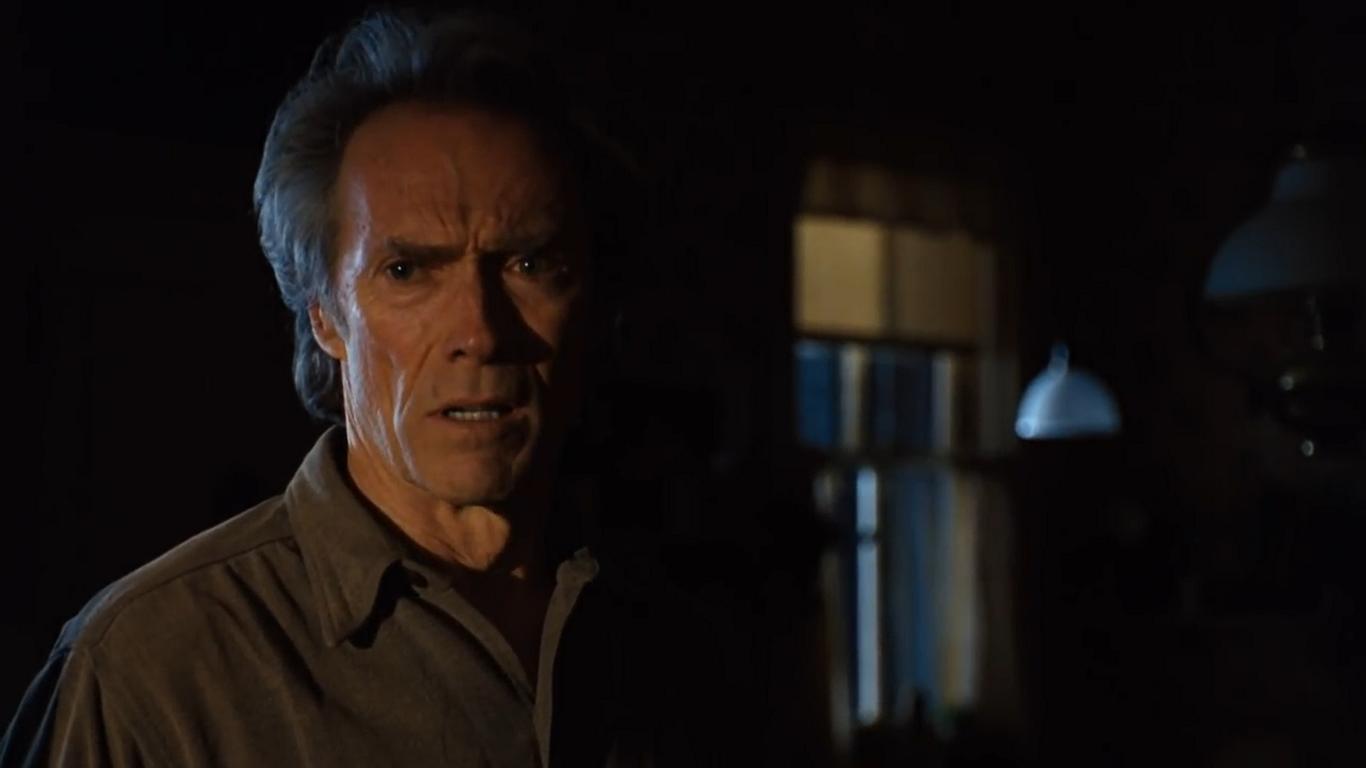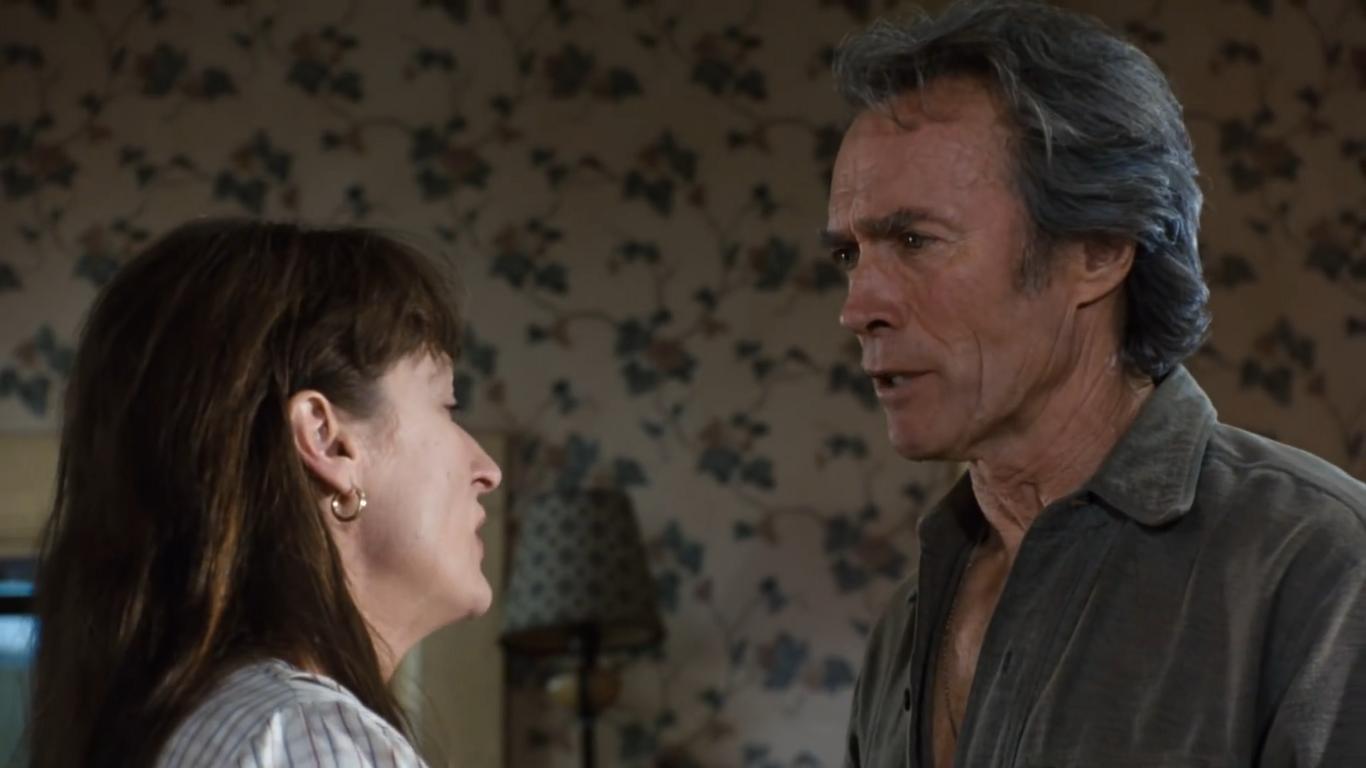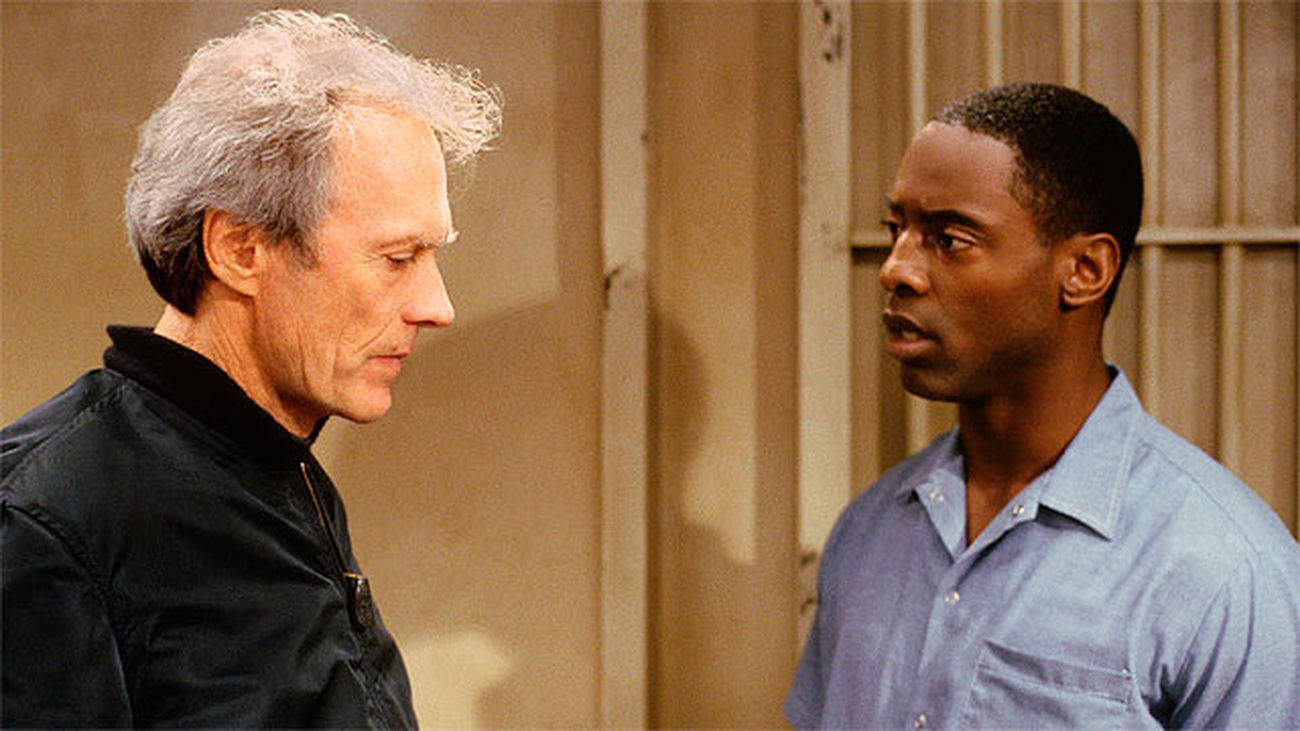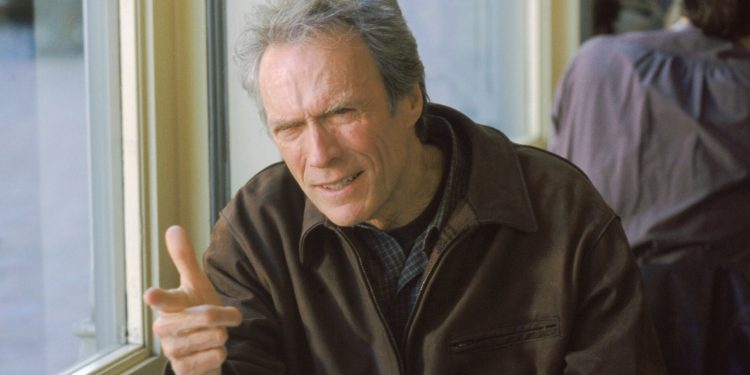In the ever-evolving landscape of Hollywood, few names resonate with as much reverence and respect as Clint Eastwood. The 94-year-old icon, whose career has spanned decades and genres, has left an indelible mark on the industry. Yet, even among his storied achievements, one tale stands out—a tale of transformation and triumph involving the critically acclaimed The Bridges of Madison County.

The Unlikely Hero of a Cinematic Journey
It’s easy to assume that every successful film has a smooth path to the screen, but the reality is often far from glamorous. The Bridges of Madison County, a film that would eventually become a classic, nearly missed its chance to shine. Originally set for distribution by Warner Bros. Entertainment, the project was struggling to find its footing, having passed through the hands of three different directors and several writers.
In an intriguing turn of events, the film that many thought was destined for failure found its savior in Clint Eastwood. After an intense conversation with Warner Bros., Eastwood, who had just been handed the reins, made a bold promise: “Give me 24 hours,” he said. With that, he began his transformative work, not only directing but also slashing $1.5 million from the film’s budget. His intervention breathed new life into the project, turning it from a sinking ship into a vessel of cinematic acclaim.
The Magic of Eastwood’s Directorial Touch
Clint Eastwood’s ability to revitalize a faltering project is nothing short of legendary. As Lennie Niehaus, the film’s composer, aptly put it:
“Clint has a way of taking something and making it his own.”
This talent was on full display with The Bridges of Madison County. His unique vision and passionate approach turned what could have been a box-office flop into an Oscar-nominated sensation.
Eastwood’s directorial prowess wasn’t just about salvaging the project; it was about reinvigorating it. His fresh perspective gave the film a new lease on life, capturing the hearts of audiences and critics alike. Meryl Streep, who starred opposite Eastwood, noted his exceptional ability to connect with and guide audiences through complex narratives. She remarked:

“He banked an enormous amount of credit with the male audience in the early part of his career, when they were eager to imagine themselves as whatever character he was playing. And then he sort of brought them into material that they never would have gone to.”
Streep’s words highlight Eastwood’s unparalleled skill in bridging the gap between mainstream appeal and profound storytelling.
Clint Eastwood’s Legacy: A Blend of Tradition and Innovation
Clint Eastwood’s influence extends beyond individual projects; it encompasses a broader evolution in the film industry. As Streep pointed out, Eastwood’s shift in narrative style—from action-packed Westerns to more introspective and dramatic roles—demonstrates his ability to evolve while retaining his core appeal. His knack for steering audiences towards more nuanced and challenging themes is a testament to his enduring relevance and artistry.
Reflecting on his own career, Eastwood has shown remarkable humility. He confides:
“But I don’t know if I’m that aware. I’m not that self-examining. I’ve always felt that if I examine myself too much, I’ll find out what I know and don’t know, and I’ll burst the bubble.”
This self-awareness, or lack thereof, seems to be part of what makes Eastwood such a compelling figure in Hollywood—a blend of confidence and mystery that has kept audiences intrigued for decades.

Clint Eastwood’s role in The Bridges of Madison County is a shining example of his extraordinary impact on the film industry. His ability to transform a struggling project into a beloved classic underscores his unparalleled skill and dedication. As Hollywood continues to evolve, Eastwood’s legacy remains a beacon of creative excellence and resilience.
From his early days in Westerns to his nuanced explorations of human nature, Eastwood’s career is a masterclass in filmmaking. His work on The Bridges of Madison County not only saved the film from potential obscurity but also reaffirmed his place as one of cinema’s greatest visionaries. As we look back on his contributions, it’s clear that Clint Eastwood’s magic is not just in the movies he makes but in the indelible mark he leaves on every project he touches.









